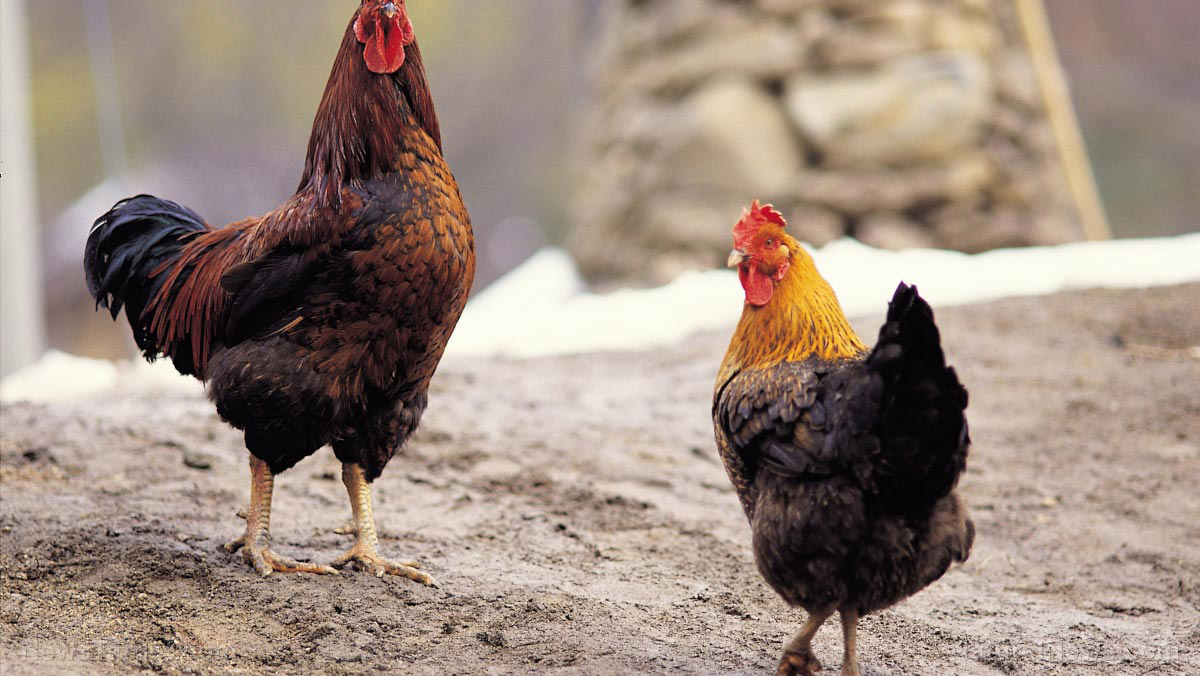
The pieces were also found to contain traces processed grasses and aquatic plants as well as lipid residues. Stones used for grinding were also seen in sites where the broken pottery were found. This suggests that grains might have been processed into flour. Furthermore, more than half of pottery specimens examined were found to have been used in processing plant materials.
"This is the first direct evidence of plant processing globally, and, remarkably, shows that these early North African hunter-gatherers consumed many different types of plants, including grains/seeds, leafy plants and aquatic plants," said lead author Dr Julie Dunne in an article published in BBC.com.
According to researchers, the invention of cooking was considered a crucial step in human development. Researchers said pre-historic cooking might have initially involved using fires or pits, and the invention of pottery may have greatly expanded the food preparation process of humans back then. In turn, this would have allowed pre-historic humans to process previously unpalatable or even toxic food into edible food items. This would have increased the availability of new energy sources, the researchers noted.
"The finding of extensive plant wax and oil residues in early prehistoric pottery provides us with an entirely different picture of the way early pottery was used in the Sahara compared to other regions in the ancient world. Our new evidence fits beautifully with the theories proposing very different patterns of plant and animal domestication in Africa and Europe/Eurasia,” study co-author Professor Richard Evershed added in another article in Bristol.AC.uk.
The study was funded by the U.K.’s Natural Environment Research Council. The results were published in the journal Nature Plants.
Pre-historic humans might have greatly relied on plant-based diet
The researchers inferred that pre-historic humans might have survived on berries and fruits that were soft and easy to digest. Ancient humans may have eventually cooked woody parts of plants over fires or pits. The invention of pottery may have helped ancient humans to improve their diets by boiling certain parts of plants. According to the researchers, starchy plants would have provided energy and nutrients, while cooked plants and grains would have been preserved for suture use.
The existence of plant chemical signatures in the pieces of pottery suggests that plants have played a major role in the diets of pre-historic humans, the study suggests. As part of research, the scientists analyzed the molecular and stable isotope compositions of plant matter in the pottery shards. The researchers found that using pottery to process plants was practiced for more than 4,000 years ago. The study also revealed that a wide variety of plants were processed by ancient humans such as grains, leafy parts of terrestrial plants. Researchers have also found that aquatic plants were used in cooking.
"Until now, the importance of plants in prehistoric diets has been under-recognised but this work clearly demonstrates the importance of plants as a reliable dietary resource. These findings also emphasise the sophistication of these early hunter-gatherers in their utilisation of a broad range of plant types, and the ability to boil them for long periods of time in newly invented ceramic vessels would have significantly increased the range of plants prehistoric people could eat," Dr. Dunne said.
Read more fascinating articles on prehistoric life at Discoveries.news.
Sources include:
Please contact us for more information.























